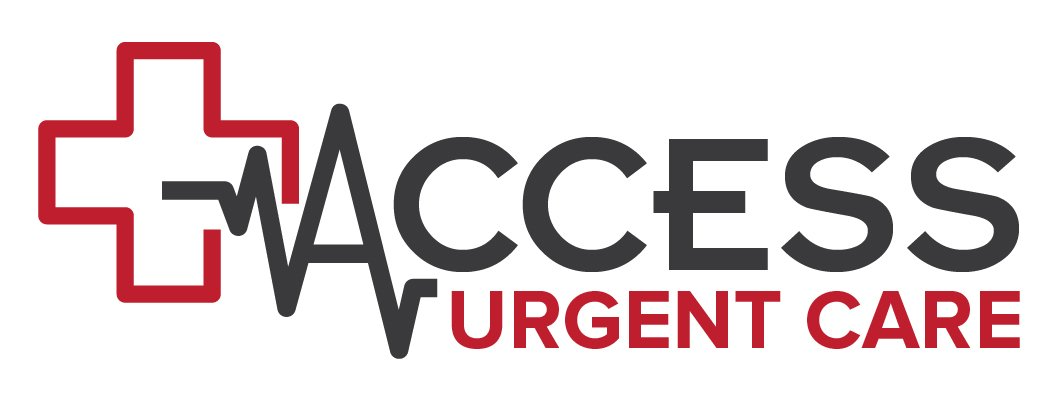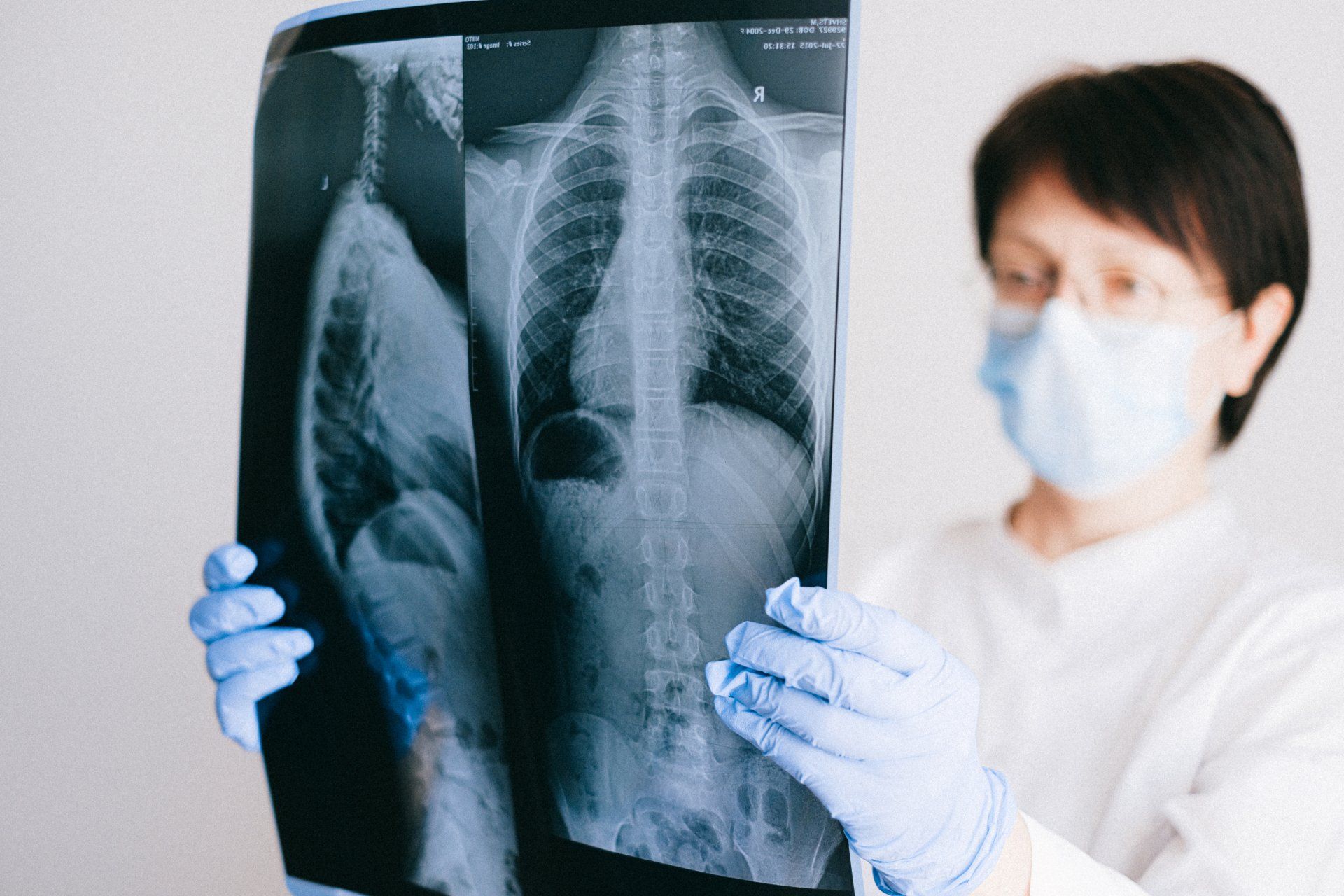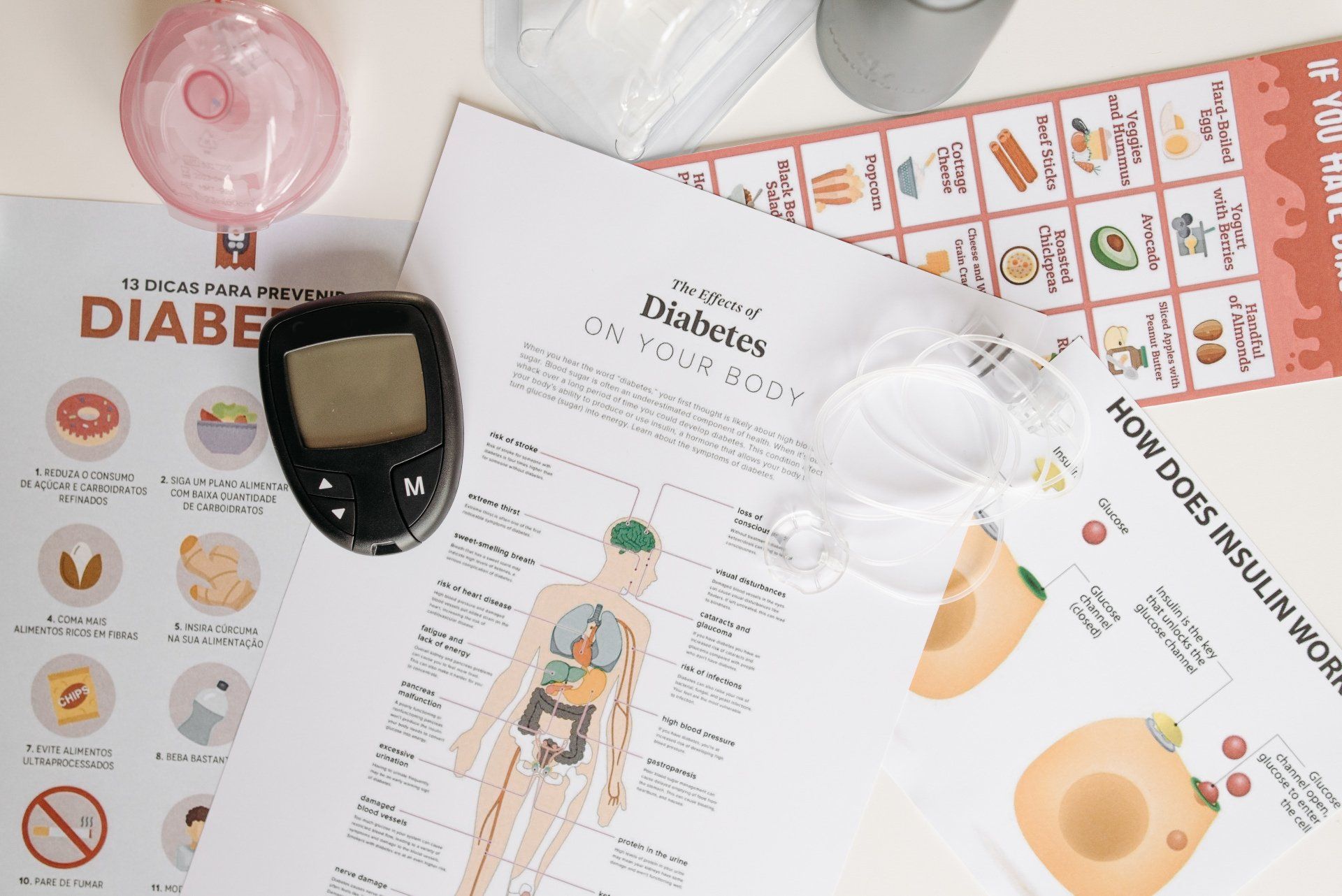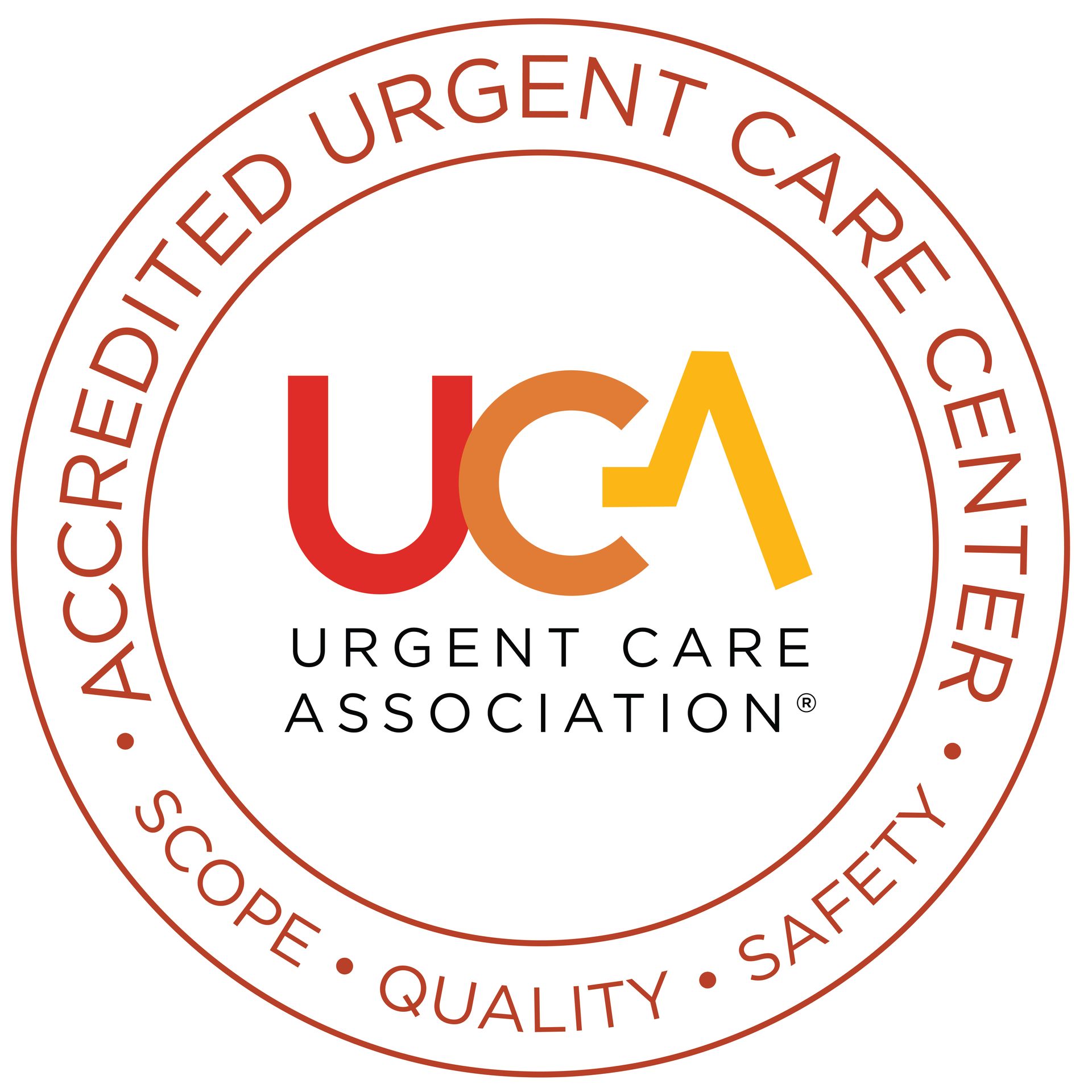It's Breast Cancer Awareness Month!
How you and your loved ones can remain aware of the risks!
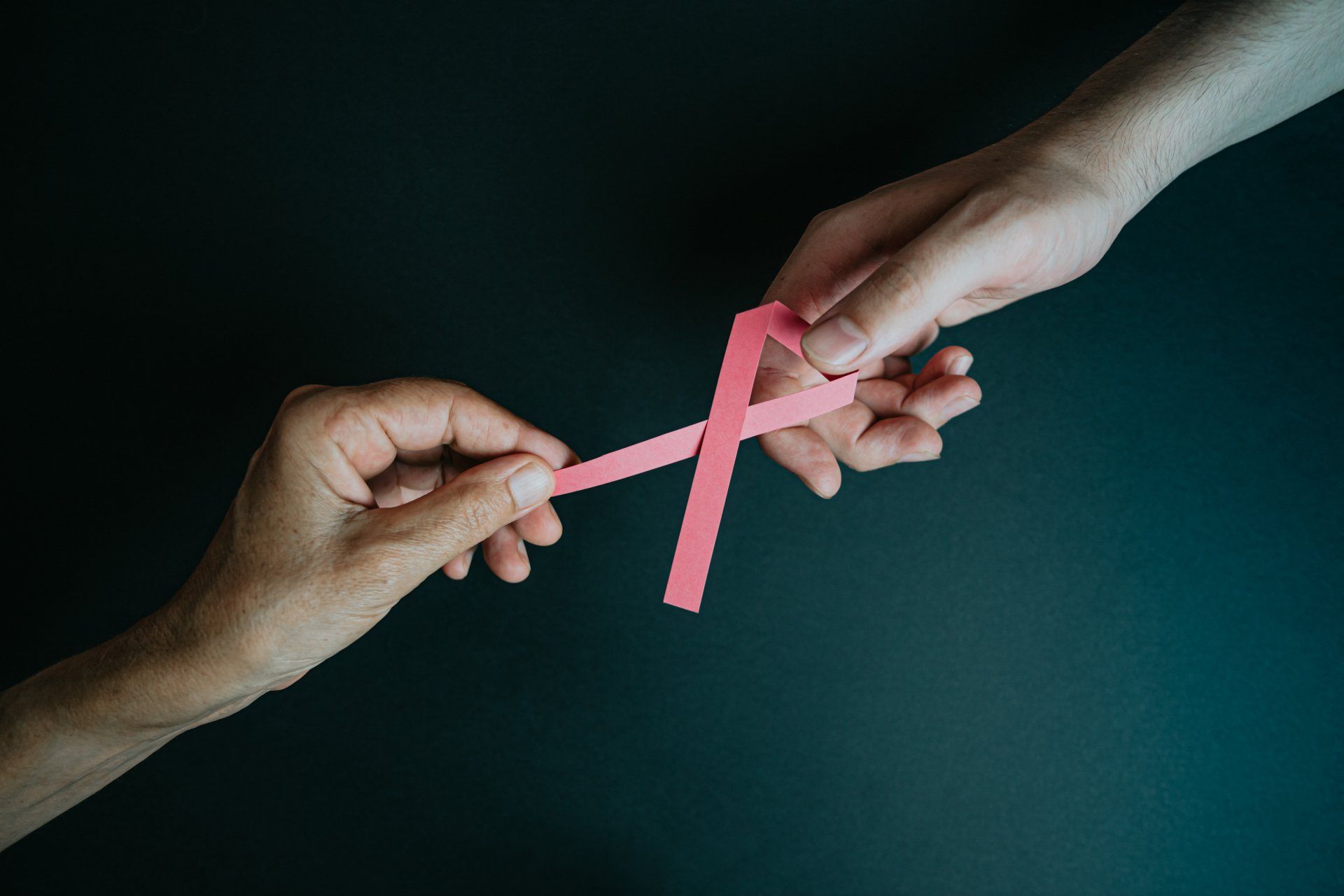
Name eight women you know. Your mom? A close friend? A beloved teacher? Statistically speaking, one of these women will have breast cancer in their lifetime. The most significant risk factors for
breast cancer are gender and age. If you are a woman over 30, it’s time to
take initiative and know your risk!
October is breast cancer awareness month. Many people see the pink ribbon and recognize its meaning, but if you are a woman over 40 or are a woman with a strong family history of breast or ovarian cancers, you must ask yourself; have you taken the time to schedule your mammogram? Did you know that by doing so, you may also qualify for genetic testing that could save you or a loved one's life? Early detection of breast cancer is crucial. It is the best protection against mortality and morbidity of disease.
Breast cancer is the most diagnosed cancer among American women. In 2022 alone, approximately 30% of newly diagnosed cancers in women will be breast cancers. For women in the U.S., breast cancer death rates are higher than those for any other cancer, second only to lung cancer.
Breast cancer does not affect just one person, one family, or one generation. It has and will continue to affect thousands of women and their families. A woman’s risk of breast cancer nearly doubles if she has a first-degree relative (mother, sister, daughter) who has been diagnosed with breast cancer in the past. Up to 15% of women who get breast cancer have a family member diagnosed with it. Inversely, this means that close to 85% of breast cancers occur in women who have no family history of breast cancer.
As of January 2022, there are more than 3.8 million women with a history of breast cancer in the U.S. This includes women currently being treated and women who have finished treatment. However, there is good news; the overall death rate from breast cancer has decreased by 1% each year from 2013 to 2018. This decrease is thought to be the result of treatment advances and earlier detection through screening. This is why it is so imperative to attend routine screenings and check-ups; it can help with detection before it is too late. Additionally, according to the World Health Organization, reducing the use of hormone replacement therapy in women has also contributed to the decrease in incidence of breast cancer.
The technology used to screen for genetic and hormonal cancers has advanced so much in the last decade that we now have the capability to test for genetic mutations present that are linked to a high lifetime risk of developing breast cancer. Specifically, the BRCA1 and BRCA2 genes are linked with up to a 72% and 69% risk of developing breast cancer. The genetic mutations linked with these genes develop in younger women and they have an associated increase in ovarian cancer risk as well.
Women aren’t the only ones at risk for breast cancer; men can also be affected. A man’s lifetime risk of breast cancer is about 1 in 833. About 2,710 new cases of invasive breast cancer in men have been predicted to be diagnosed in 2022. However, no matter your gender or sex, there are steps you can take to be ready.
WAYS TO REDUCE YOUR RISK
• Implement regular physical exercise into your routine
• Maintain a healthy weight
• Limit your alcohol consumption
• Increase your fruit and vegetable intake
• Build your bone density early (TIP: all of these risk reducers also increase your bone health!)
• Don't smoke
• Try not to take hormone replacement therapy unless absolutely necessary and agreed upon by your medical team.
• Don’t miss your annual exams or mammograms!
• Ask your healthcare provider about Myriad Genetic Testing to see if you qualify
Remember that by being cautious you or your loved ones can detect breast cancer early.
For More Information:
Breast Cancer Information and Support,
World Health Organization, Breast Cancer
International Agency for Research on Cancer, “Current and future burden of breast cancer: global statistics for 2020 and 2040”
Koman Organization, Breast and Bone Health
Myriad Genetics, Hereditary Breast Cancer
